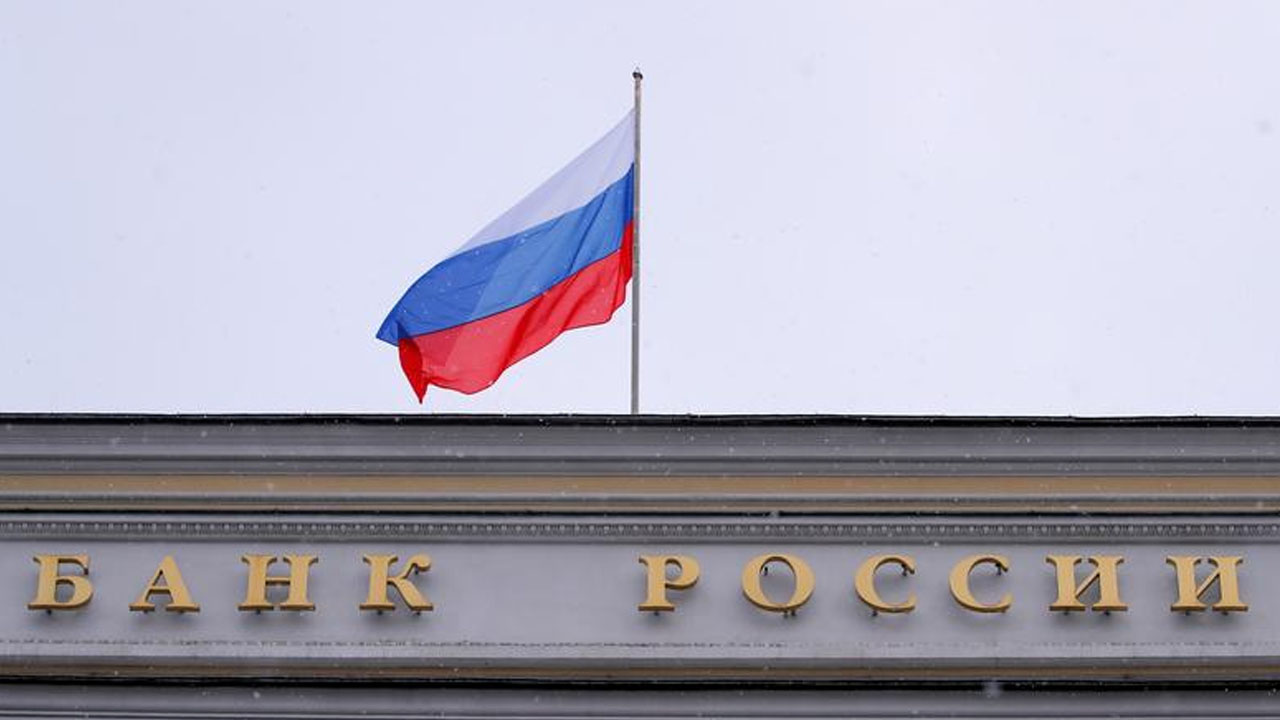A Russian official warned that impacting their satellites would be considered a declaration of war, but the U.S. stance is more circumspect.
By Brandi Vincent
Russia’s senior space official recently warned that any tampering with the nation’s satellites is grounds for war, underscoring how reliant modern communications and military operations are on the orbiting tools.
Whether America views satellite hacking or attacking as basis for a war declaration, though, isn’t so cut and dry.
“The United States has an abiding interest in a secure, safe, sustainable and accessible space domain for the benefit of all humanity,” a State Department spokesperson told Nextgov on Thursday. “We urge all space actors to abide by their international obligations.”
That response came after inquiries to multiple federal entities, including the Space Force, Defense Department and other federal components regarding whether it would be considered an act of war if U.S. satellites were targeted.
“Again, I’m not going to be able to comment. The only thing I really can say in response to that, I think, is that anyone who attacks a U.S. asset has to be very concerned about the consequences of that act,” Air Force Secretary Frank Kendall said on Thursday. “You’re talking about something that’s fairly unprecedented, quite frankly.”
He was responding to a question regarding whether America considers such actions worthy of a war declaration, during the Air Force Association’s Warfare Symposium. Kendall’s remarks came one day after Roscosmos Director-General Dmitry Rogozin said on Rossiya 24 television that hacking a Russian satellite would be an act of war.
“I want to warn everyone who tries to do it that it is essentially a crime, which should be toughly punished,” Rogozin said, which Interfax and Reuters first reported. “Because disabling the satellite group of any country is generally a casus belli, that is, a reason to go to war. And we will be looking for those who organized it.”
Those comments followed previous threats Rogozin made about potentially crashing the International Space Station—which Russia partners with the U.S. and other nations to maintain—into Earth, in response to sanctions set to impose costs for Russia’s large-scale, ongoing invasion of Ukraine. The claims also came after a group of hackers said it hit Russia’s civilian space agency-run satellites, but Rogozin dismissed that in his statement.
Reflecting on their initial reactions to Rogozin’s comments, two national security experts expressed hesitancy believing any statements from Russian leadership.
“My first thought was that either they have been hacked or they are preparing a misinformation campaign to justify further aggression in space,” Todd Harrison, a senior fellow in the Center for Strategic and International Studies’ International Security Program told Nextgov this week. “Russia could claim a cyberattack against their space systems and use that as a pretext for attacking other space systems.”
New America Strategist and Senior Fellow Peter Singer noted his first response was, “‘I hope [Rogozin] remembers this the next time Russia tries it.’”
“Second,” he added during a separate conversation with Nextgov, “it fits within a larger pattern of bluster that [Rogozin] and the Russian government have thrown out towards the West in the midst of their invasion of Ukraine.”
Both officials pointed out that documented instances of cyberattacks against space systems during peacetime already exist. Harrison, who also serves as director of CSIS’ Defense Budget Analysis and Aerospace Security Project, noted that Russia possesses a full suite of counter-space capabilities—like jammers that can disrupt signals going to and from satellites, lasers that can blind satellites and missiles that can shoot down satellites.
There are a variety of ways the ongoing crisis might play out at this point, but it’s unfolding in a technology-driven era.
“I think what is different in this conflict is that commercial space remote sensing is playing a more important role than ever before, and it is possible that this could be the first conflict in which counterspace weapons play a major role—depending on what Russia chooses to do,” Harrison said. He further added that “the partnership with Russia on the ISS may also be a casualty of this conflict, but that depends in large part on how Russia chooses to respond and whether it tries to use the ISS as leverage to get relief from sanctions.”
In 2021, the White House published its Space Priorities Framework. The Space Force also released a high-level doctrine in 2020, but like the later document, it’s not comprehensive on America’s space policies.
“It doesn’t provide a lot of specificity, so it’s not particularly helpful for a conflict like this,” Harrison said. “And a further complication is, what if there is a cyberattack against a commercial space system? So Russia is, you know, saying that there was a cyberattack against them, in which case, what they’re actually saying, what’s out there in public, is that it was an attempted cyber attack on a non-state actor against Russia. What if Russia uses retaliatory attack also against a non-state actor in the form of a U.S. commercial space company? How would the U.S. government respond to that? And that’s where I don’t think we have a lot of experience, and it’s not clear that the government has actually formulated policy and courses of action for that outcome.”
Certain elements playing out now will carry to future wars, in Singer’s view, but he also emphasized that it’s also one particular case at a particular stage of conflict.
He noted that now, there’s an “incredible wealth of information” flowing in from civilian and government satellites—and when combined with cell phone footage and social media, it has “created a conflict that feels like it’s observed to a level that we haven’t seen before.” It’s all part of a larger trend that first surfaced in conflicts in Syria and Iraq, but the scale of the current conflict “is pretty overwhelming, at times,” Singer said.
In some ways, space is already playing a crucial role in this modern conflict.
“But there are other elements where it hasn’t played a role—for good reason. That doesn’t mean that if there was, for example, a war between the U.S. and Russia, we would not see massive space elements of it,” Singer added. “[But] I’d be wary of drawing conclusions about the entire future of space warfare out of a couple of days of the Russian-Ukraine conflict.”
Defense One’s Tara Copp contributed to this article.



Connect with us on our socials: